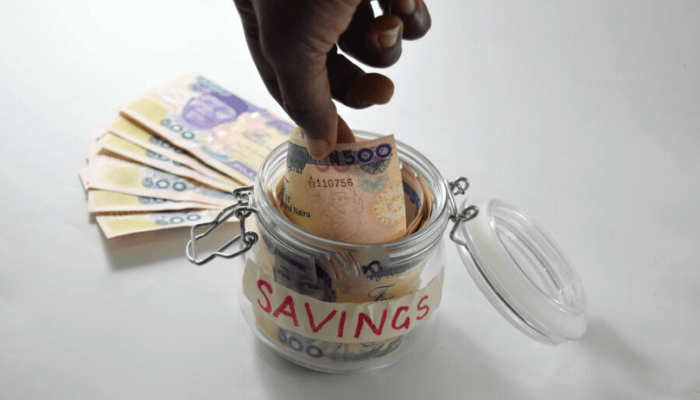
Savings. The soaring prices of food, transportation, and essential services are putting increasing pressure on the finances of many Nigerians.
Managing income effectively has become a priority for households looking to make their money go further each month.
Here are eight practical budgeting hacks that can help individuals and families take control of their spending and meet savings targets.
1. Track every Naira
The first step to financial control is knowing exactly where money goes. Recording all expenses, no matter how small, helps create a clear picture of daily spending. A simple notebook or a budgeting app on a smartphone can be used to log every purchase. By tracking spending, it becomes easier to identify where adjustments can be made.
2. Set clear savings goals
Saving consistently requires planning. Decide on a specific amount to save each month and treat it as a fixed expense, just like rent or utility bills. These savings can go toward building an emergency fund, preparing for investments, or setting aside money for major purchases. A defined goal creates structure and helps maintain discipline.
3. Create a weekly budget
Breaking a monthly budget into weekly plans can make financial management easier. Weekly budgets help individuals monitor their spending on essentials such as food, transport, and household needs more closely. If there is overspending in one week, adjustments can be made in the following week to stay within the overall monthly plan.
4. Use mobile money tools
Many Nigerian banks and fintech companies provide features within mobile money apps that simplify budgeting. Users can set spending limits, receive alerts when they approach their limit, or automate savings transfers. These tools help users remain aware of their financial habits and encourage consistent savings.
5. Embrace cash envelopes
Cash envelopes offer a straightforward way to manage everyday expenses like groceries, transport, and small purchases. Cash is withdrawn and placed into separate envelopes for each spending category. When an envelope is empty, spending for that category must stop until the next budget cycle, helping to prevent overspending.
6. Cut unnecessary expenses
Regularly reviewing your monthly discretionary expenses can unlock extra funds for more important needs. Many families spend on multiple streaming platforms or dine out frequently without realizing the cost adds up. Cutting back or eliminating non-essential spending can boost your savings and provide financial relief where it’s most needed.
7. Plan your meals
Meal planning reduces food costs and minimises unplanned purchases. Creating a weekly menu, shopping for ingredients ahead of time, and avoiding takeaways can lower household expenses. It also provides structure for managing food budgets more effectively.
8. Shop smart and bargain
In today’s economy, price comparison and negotiation are essential money-saving strategies. Whether shopping in local Nigerian markets or on online platforms, taking time to compare prices and ask for discounts can significantly reduce your expenses. In fact, in many Nigerian markets, haggling is not just accepted—it’s expected. Mastering the art of negotiation can go a long way in helping you maximize your budget and get the best value for your money.
Source: BusinesDay




GIPHY App Key not set. Please check settings